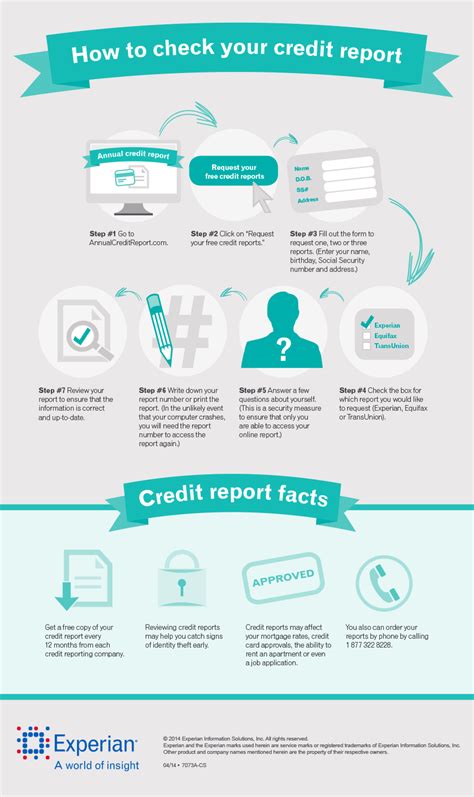How to Check Your Credit Report: A Step-by-Step Guide
Knowing your credit score and report is crucial for managing your finances effectively. A good credit report can help you secure loans with better interest rates, rent an apartment, or even get a job. But how do you actually check your credit report? This comprehensive guide walks you through the process.
Understanding Your Credit Report
Before we dive into how to check it, let's briefly understand what a credit report actually is. It's a detailed record of your borrowing and repayment history. This includes information like:
- Credit accounts: Credit cards, loans, mortgages, etc.
- Payment history: Whether you've paid your bills on time or missed payments. This is a very important factor.
- Amounts owed: The balances on your accounts.
- Length of credit history: How long you've had credit accounts open.
- New credit: Recent applications for credit.
In short: Your credit report is a snapshot of your financial responsibility.
How to Access Your Credit Report for Free
You're entitled to a free credit report from each of the three major credit bureaus: Equifax, Experian, and TransUnion. You can access these reports annually through:
- AnnualCreditReport.com: This is the only official website authorized by the federal government to provide free credit reports. Avoid any other sites claiming to offer free reports; they may be scams.
Important Note: While you're entitled to a free report, you'll often see offers for credit scores. These are usually paid services. You don't need to pay for a score to get your free report.
Step-by-Step Guide to Accessing Your Free Credit Report
- Visit AnnualCreditReport.com: Type this URL directly into your browser to avoid potentially fraudulent sites.
- Provide Information: You'll need to provide personal information to verify your identity, including your name, address, Social Security number, date of birth, and possibly other details.
- Request Your Report: Select which credit bureau's report you want to access (Equifax, Experian, or TransUnion). You can request one, two, or all three at once.
- Review Your Report Carefully: Once you receive your report, examine it thoroughly for any inaccuracies. Disputes are crucial! If you find any errors, follow the instructions on the report to file a dispute with the credit bureau.
Understanding Your Credit Score
While your credit report shows your history, your credit score is a numerical representation of that history. It's usually a number between 300 and 850, with higher scores indicating better creditworthiness. While you don't get a free score through AnnualCreditReport.com, many credit card companies and financial institutions provide free credit scores to their customers.
Checking Your Credit Report Regularly
Regularly checking your credit report is vital for:
- Identifying errors: Catching and disputing errors helps maintain the accuracy of your credit report.
- Monitoring your credit: Tracking your credit health allows you to proactively address any issues.
- Protecting against identity theft: Regular checks can help you detect unauthorized accounts or suspicious activity.
Aim to check your credit report at least once a year, or more often if you suspect any problems.
Keywords for SEO:
credit report, check credit report, free credit report, credit score, Equifax, Experian, TransUnion, AnnualCreditReport.com, credit history, credit monitoring, identity theft, financial responsibility, improve credit score.
Remember to use this keyword list strategically throughout your content for optimal SEO performance. Don't stuff keywords, however, focus on natural language and readability.
